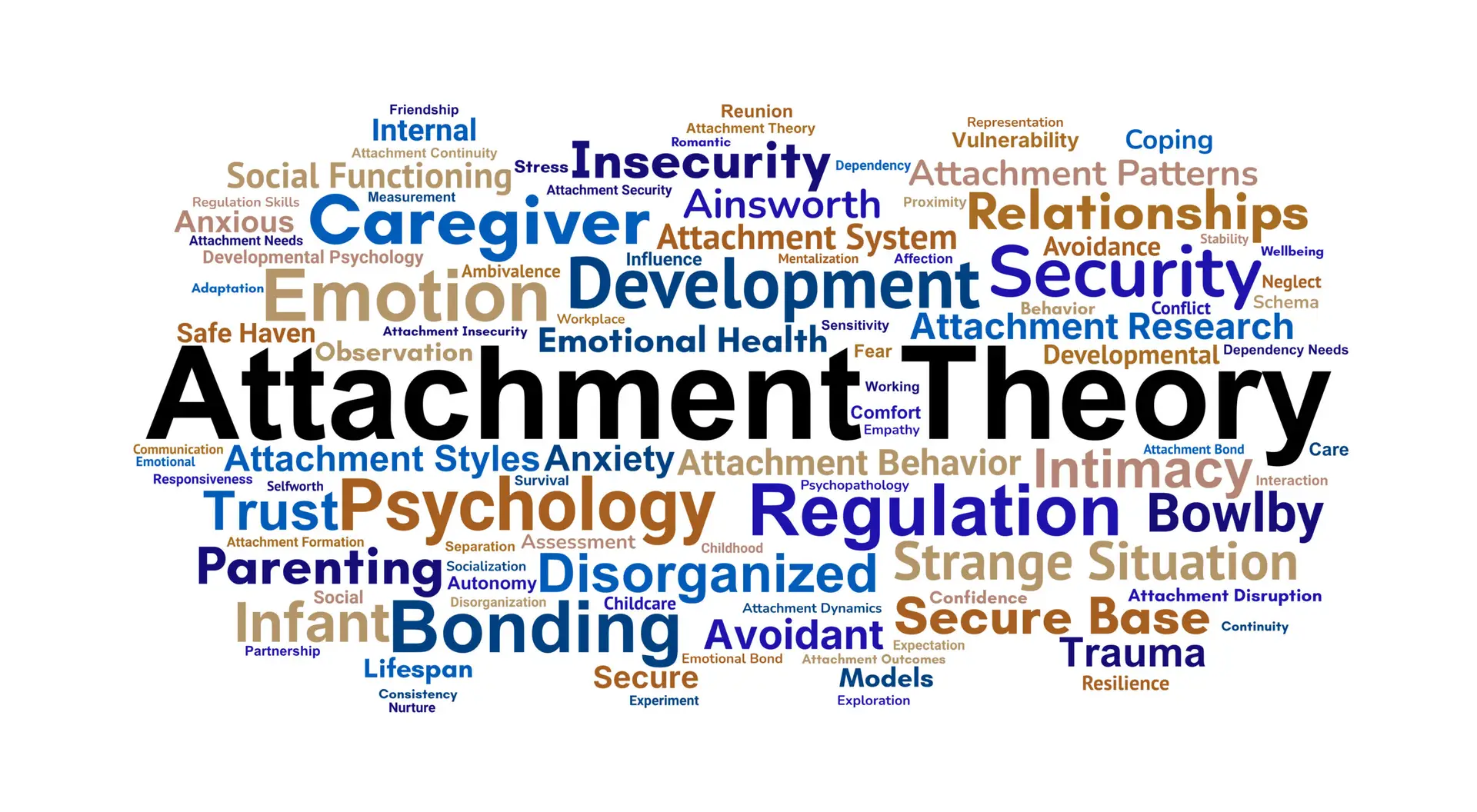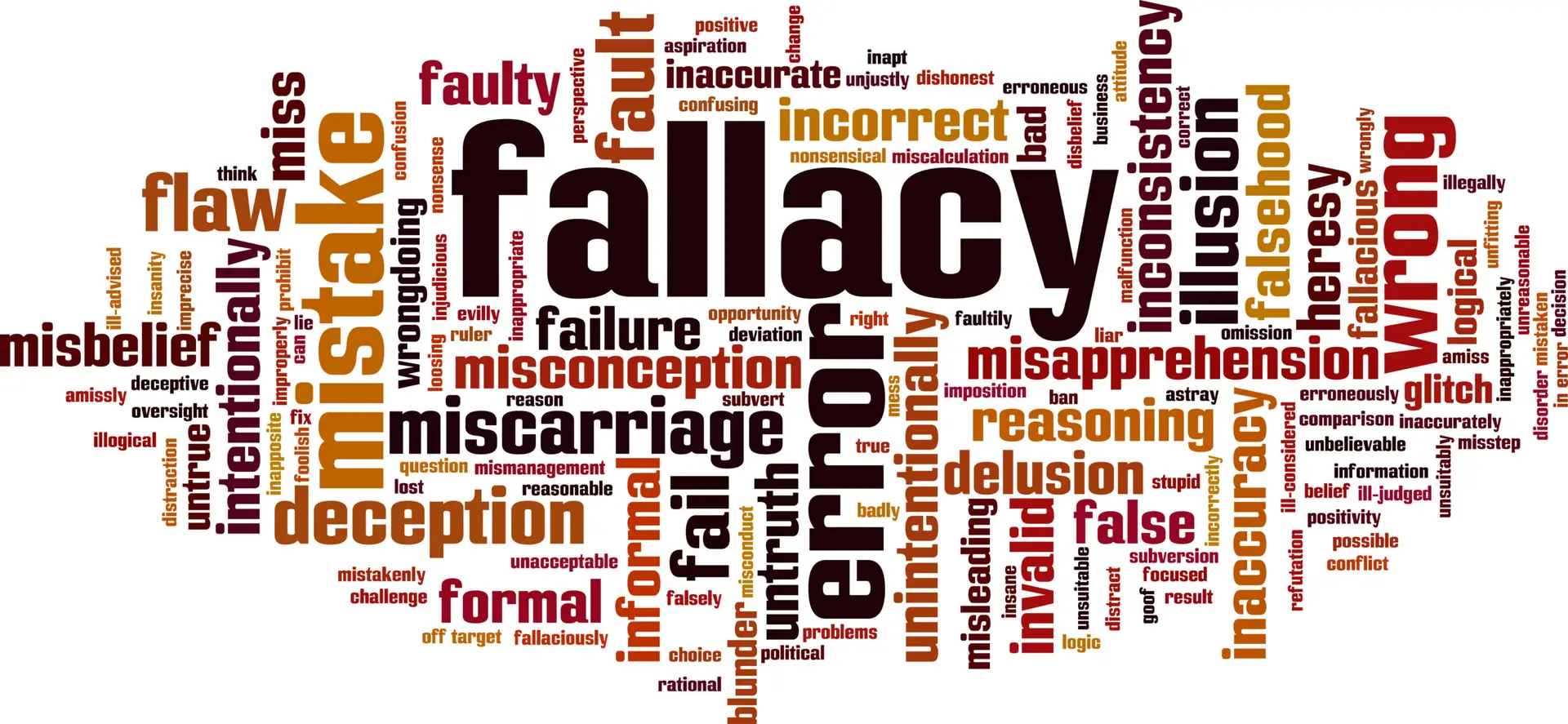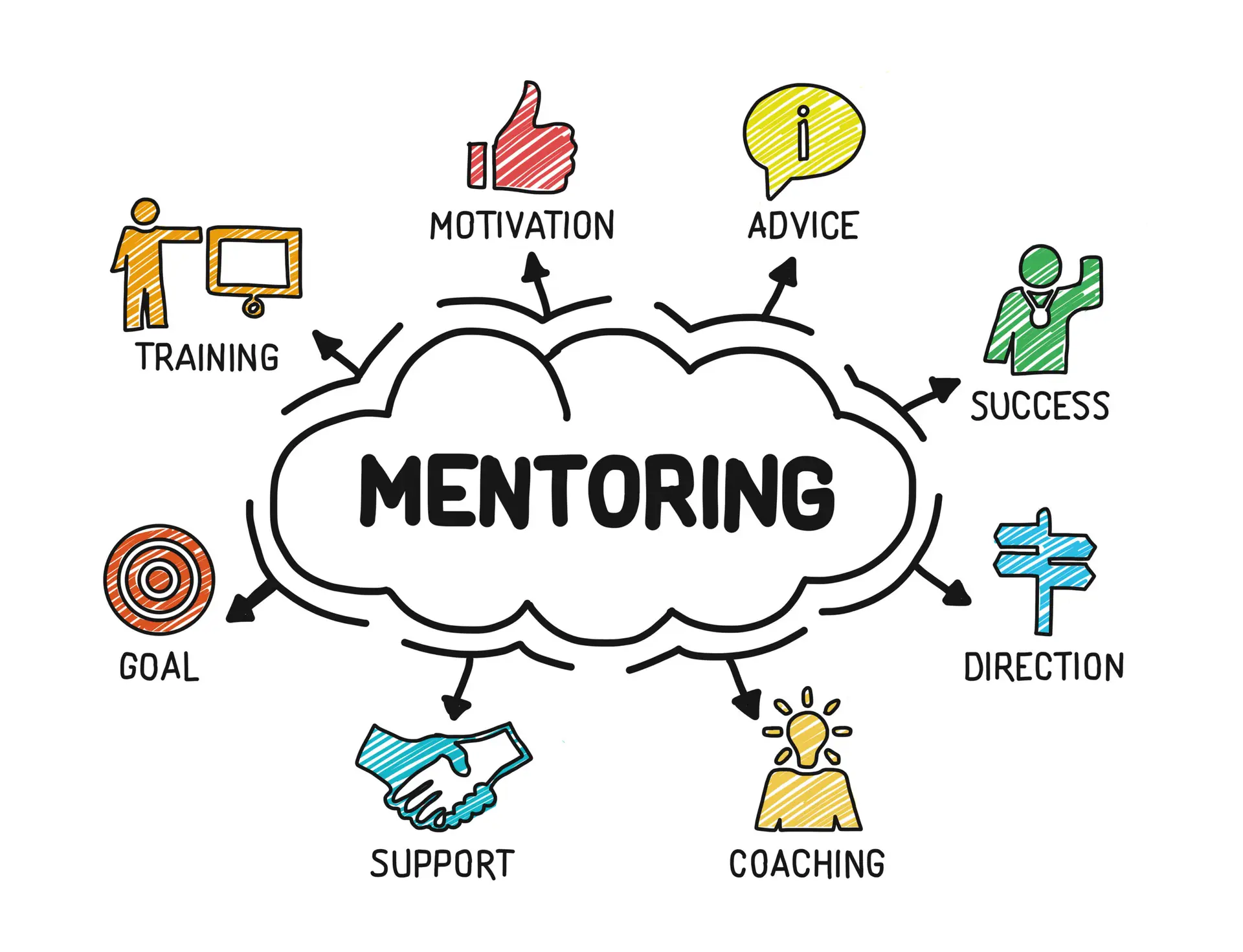What is the definition of verbal abuse?
'I Only Got Shouted At'
Abuse takes many forms and some people who grew up in a narcissistic household may have mainly had verbal abuse, taking the form of name calling, shouting and criticism and there may have been less or no physical violence or other types of abuse. For some, they feel this can mean that they didn’t go through that much and that it wasn’t that bad.
‘It Wasn’t That Bad’
There are reasons for this. We have many different coping mechanisms to protect us from being fully aware of what is happening both at the time and when we look back. This is what can be so confusing.
Minimising and denial are common defences.
We may have a strong sense of humour and laugh off what happened.
We may be confused when we try to make sense of what happened. We may go from, ‘They really hurt me, the things they said weren’t fair,’ to, ‘Are they right? Is it my fault? Am I crazy?’ to, ‘Its my fault – I deserved it.’ This can cycle round in a thought loop.
We may think there is something wrong with us deep down and that we deserved what happened.
We may avoid thinking about it as much as we can.
We may think that our parents didn’t really mean what they said/did.
We may compare our own childhoods to the experiences of other people and think that others had it much worse.
Please see link to article:
Why Do We Do This?
As we need to attach to our parents as young children and if they are abusive, we need to find a way to manage that.
Instinctually, we are aware that we need them to survive so, while as we get older there will be times when we stand up for ourselves, fight back and rebel or run away from home, there will be many times when we will swallow down our feelings (consciously or unconsciously) and adopt submissive behaviours.
The Effects Of Verbal Abuse
Abuse takes different forms and many children of narcissists are/were abused and neglected physically and emotionally. Some feel that the abuse is/was not that bad as they were ‘only shouted at.’ Verbal abuse has been shown to be as catastrophic to children as any other form of abuse.
Dr. Martin Teicher is currently an associate professor of psychiatry at Harvard Medical School. Research pioneered by Dr. Teicher’s lab shows that childhood maltreatment alters brain structure and function, depending on the type of abuse and the stage of development. Dr. Teicher did studies on verbal aggression and found that, in his research, higher verbal abuse scores were associated with an elevated dissociative experiences scale.
Dr. Teicher states, “There are two components to verbal abuse. There’s the criticism component and there’s a yelling and screaming component. Both factors exert effects, but the criticism is more severe.”
What Is the Dissociative Experiences Scale?
“The Dissociative Experiences Scale measures a wide variety of types of dissociation, including both problematic dissociative experiences, and normal dissociative experiences (e.g., day-dreaming). It is a screening tool for dissociative disorders, especially Dissociative Identity Disorder (Multiple Personality Disorder) and Dissociative Disorder Not Otherwise Specified (now known as Other Specified Dissociative Disorder). People with Posttraumatic Stress Disorder also score highly on it. The Dissociative Experiences Scale is a self-assessment tool.”
https://traumadissociation.com/des
Here are some examples of questions on the DES – II:
2. Some people find that sometimes they are listening to someone talk and they suddenly realize that they did not hear part or all of what was said.
7. Some people sometimes have the experience of feeling as though they are standing next to themselves or watching themselves do something and they actually see themselves as if they were looking at another person.
9. Some people find that they have no memory for some important events in their lives (for example, a wedding or graduation).
15. Some people have the experience of not being sure whether things that they remember happening really did happen or whether they just dreamed them.
20. Some people find that they sometimes sit staring off into space, thinking of nothing, and are not aware of the passage of time.
22. Some people find that in one situation they may act so differently compared with another situation that they feel almost as if they were two different people.
27. Some people sometimes find that they hear voices inside their head that tell them to do things or comment on things that they are doing.
Please click below to assess yourself on the Dissociative Experiences Scale: https://traumadissociation.com/des
Sources:
NEUROBIOLOGICAL CONSEQUENCES OF CHILDHOOD ABUSE AND NEGLECT
https://www.ncbi.nlm.nih.gov/books/NBK223755/
Dissociative Experiences Scale – II
https://traumadissociation.com/des








This Post Has One Comment
Thank you Sarah Graham; this is the best, most comprehensive website I’ve come across. I’ve had a theory that NPD mothers cause BPD in their daughters. You confirmed this for me and then some. Please continue to update us. Thanks again.